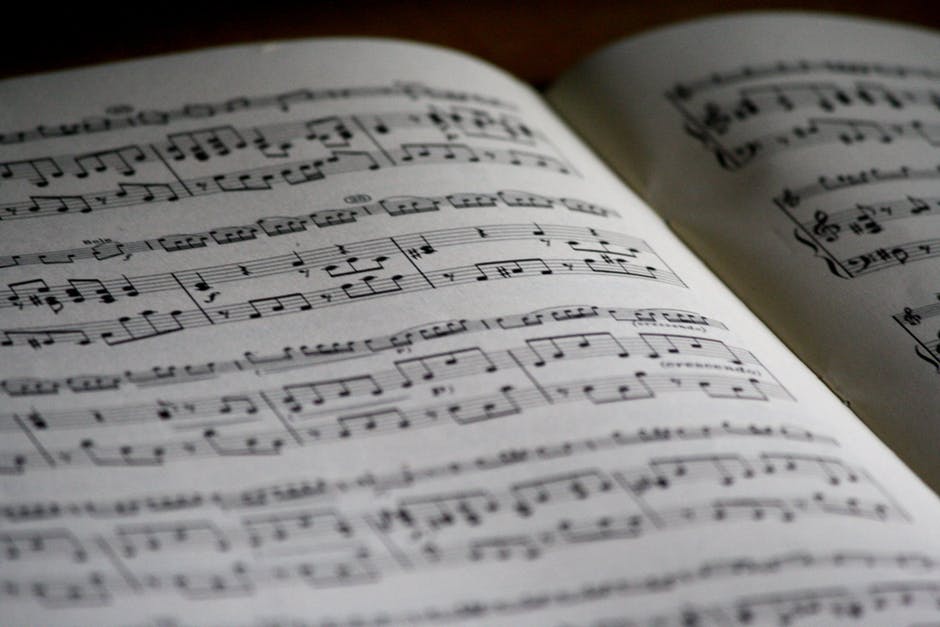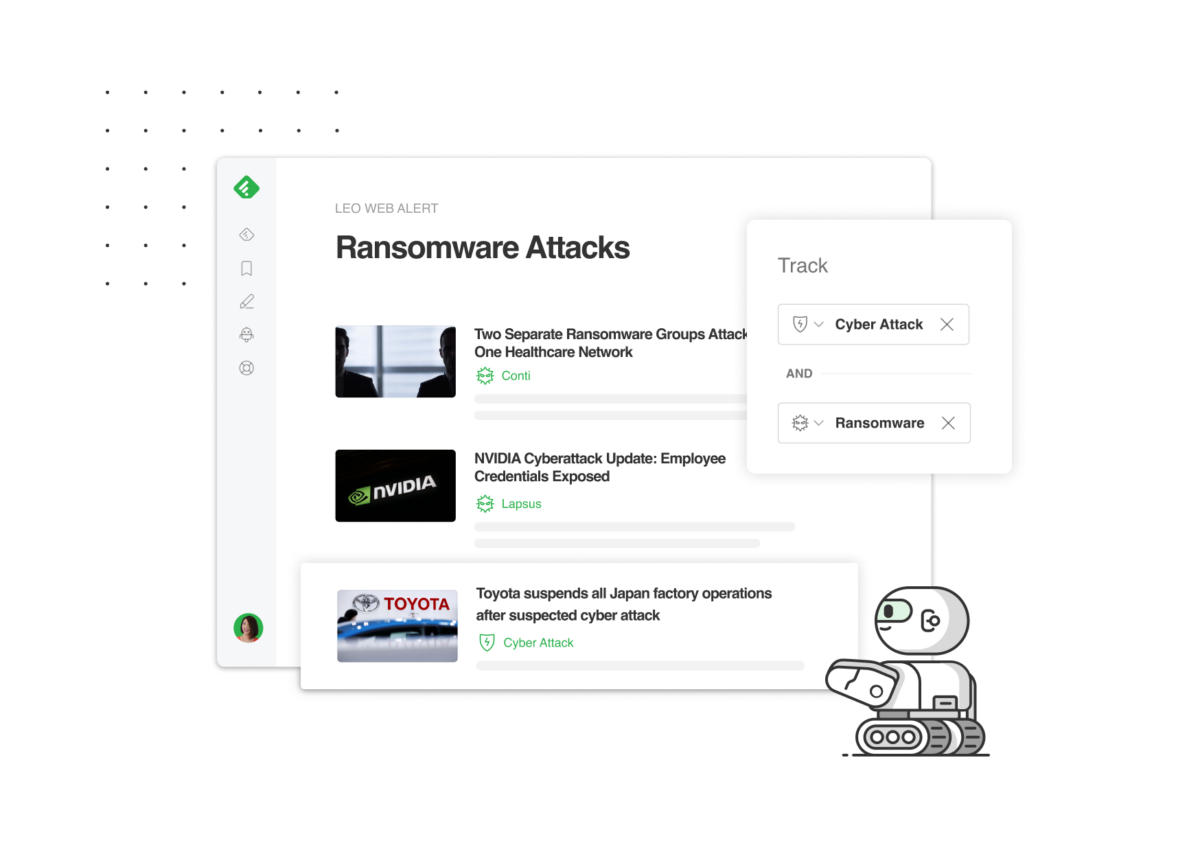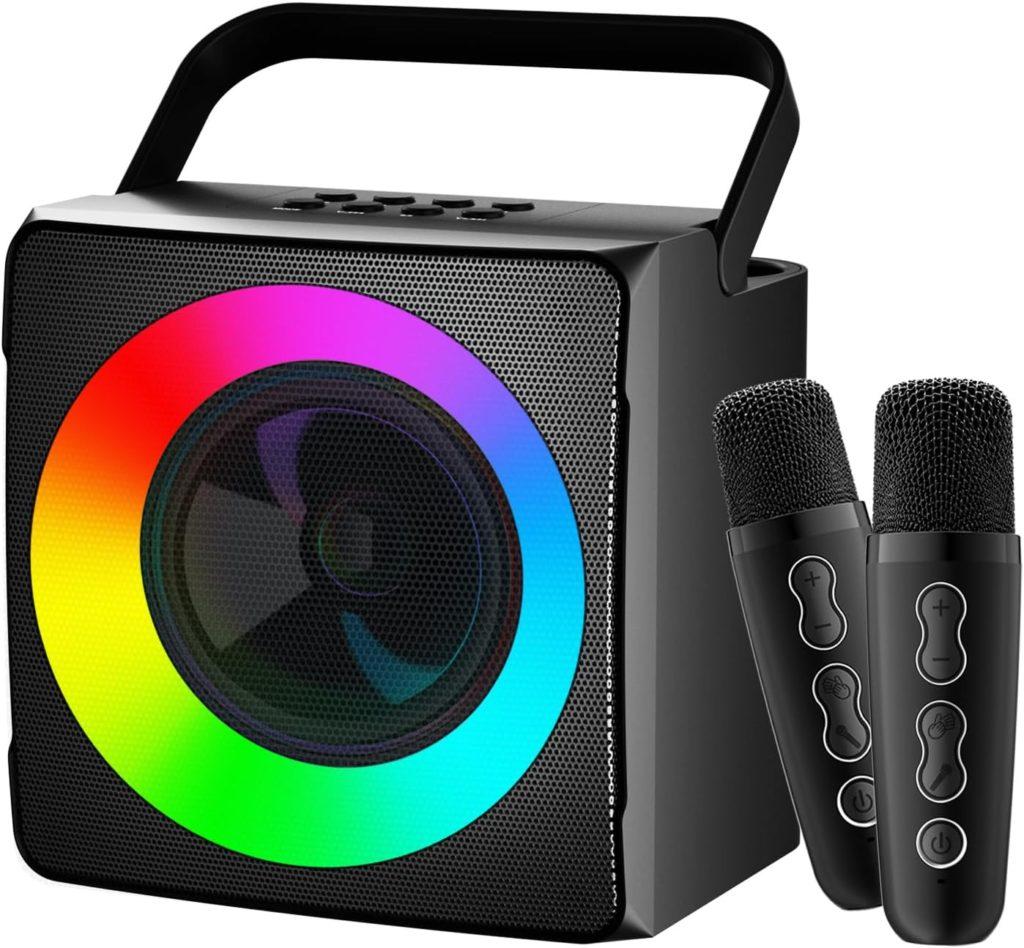
What if everything you thought you knew about music was wrong?
For example, most people assume you need to know how to read music to become a good musician. In reality, some of history’s greatest musicians (ranging from The Beatles to Elvis) did not know how to read music notation as we know it.
Were you planning on learning how to read music? Keep reading to discover some shocking facts that may have you asking “do I need to read music in the first place?”
How to Read Music: The Traditional Path
When someone says they know “how to read music,” do you know what they are talking about? In most cases, this refers to the ability to read sheet music.
The advent of the piano made sheet music commonplace for musicians. The sheet spells out a kind of language of music, telling you which notes to play, how long to hold the notes, how fast the composition is, and so on.
There are many benefits of reading music, and we’re going to explore them later. First, though, you should know there are reading alternatives to sheet music.
Different Ways of Reading Written Music
Can you read music without reading music notes? As it turns out, the answer is “yes!”
Arguably, the most famous example of this is guitar tablature. This is a specialized kind of music notation for guitar players that tells them exactly where to find the note in terms of both string and fret.
In terms of piano music, some rely on the Color Coded Music system. And both the visually impaired and the non-visually-impaired have relied on braille music to help them learn how to play.
In short, there are many alternative ways of writing and reading music. But there are still some musicians who do not rely on any of them.
Some Are Able to Play “By Ear”
Others are able to play music by ear when learning an instrument. How does this work? It often starts with a player trying to recreate one of their favorite songs.
Because they know what the notes of the song sound like, they experiment with their instrument until they can recreate that song in perfect harmony. From there, experimental players may learn how to create more of their own original compositions.
Playing by ear requires someone to have (you guessed it) a good ear for music. They must also have a good memory to remember their musical creations rather than writing them down. Because of this, playing by ear often works better for auditory learners than visual learners (the latter of which are better off learning how to read music).
Now that we have explored some of the alternatives to learning how to read music, we’re going to dive into the unique pros and cons of reading music vs. not reading music.
Learning How to Read Music: What Are the Benefits?
As we noted before, very amazing musicians have found great success without learning how to read music. This includes legends such as Jimi Hendrix. However, there are still some major benefits of reading music.
Gaining a Fuller Understanding of Music
It may sound a little cheesy, but one of the biggest reasons to learn how to read music is that it gives you a fuller, better understanding of that music. While learning an instrument, you’ll also learn more about the fundamentals of how every song is put together.
Most people pick up an instrument because they love music. Learning how that music is put together can help you learn more about your favorite music and musicians.
Play Music More Easily With Other People
Other than learning more about music itself, the other big advantage of learning how to read music is that it turns music into a more social experience. You can now join a band (or start one of your own), join a choir, and so on.
If you don’t learn how to read music, you can’t make this work unless you’re surrounded by others who didn’t learn how to read music. It worked out for the Beatles, of course, but it may or may not work for you!
Do I Need To Read Music? Potential Drawbacks of Never Learning
The biggest benefit of not learning how to read music is quite simple: it saves time. If you have a good enough ear and good enough memory, you can begin exploring music without having to learn an entire musical language.
With that in mind, there are still some drawbacks you should be aware of. And we’re going to touch on the two biggest ones.
Not Everyone Can Play By Ear
We hate to break it to you, but not everybody can play by ear. And even if you can pick out individual notes just fine, your ear may not be able to distinguish more complex elements such as chords and melodies. In this case, your best bet is to learn how to read traditional sheet music.
Plus, if you don’t have a good ear for music, you could waste a lot of time trying to do so. It’s better to figure out sooner rather than later that you don’t have a good ear for this and then move on.
Bad Habits Become Ingrained
We practice playing music for the same reason we practice any other skill. We want to get something right so often that it becomes an ingrained habit. If you’re learning to play by ear, though, the exact opposite can happen.
For example, you might learn something that is incorrect without knowing that it is wrong. This can sabotage your future learning and really mess up any performances you give (which can give your haters a lot of ammo against you). And even when you know what the problem is, it takes a lot of time and energy to “unlearn” something once you have learned it.
Are there any famous musicians who can’t read music?
Yes. A few notable musicians who can’t read music include:
Bob Dylan
The renowned singer-songwriter has been quoted as saying, “I can’t read music, but I’ve always been able to figure out songs by ear.” Dylan is a prime example of an artist who has been able to achieve success without being able to read or write music.
Jimi Hendrix
Hendrix is one of the most influential guitarists of all time, and yet he was largely self-taught. He once said, ” MUSIC IS MY LIFE, IT’S AN EXTENSION OF MYSELF… I DON’T NEED ANYBODY TO TELL ME ABOUT MUSIC.” Hendrix’s unique approach to playing the guitar is one of the main reasons why he is considered one of the greatest musicians of all time.
Ringo Starr
The Beatles drummer learned to play by ear and did not receive any formal musical training. In an interview, he once said,” I couldn’t read music, but I could sure play it.” Starr’s ability to play by ear helped him become one of the most popular drummers of all time.
Stevie Wonder
Wonder is another example of a self-taught musician who learned how to play by ear. He has won 25 Grammy Awards and has been nominated for over 100 Grammys during his career. Wonder is proof that you don’t need to be able to read music in order to achieve success as a musician.
Hit Just the Right “Notes” For Your Gym
Now you know if a musician has to learn how to read music. And whether or not they focus on learning how to read music, the most important thing is finding their own path to success.
If you run a gym, the answer to “do I need to read music” may or may not be “know.” What you do need to do is find new and exciting ways to grow your gym.
And that’s exactly what we specialize in. To learn more about what we can do for your gym, just contact us today!






